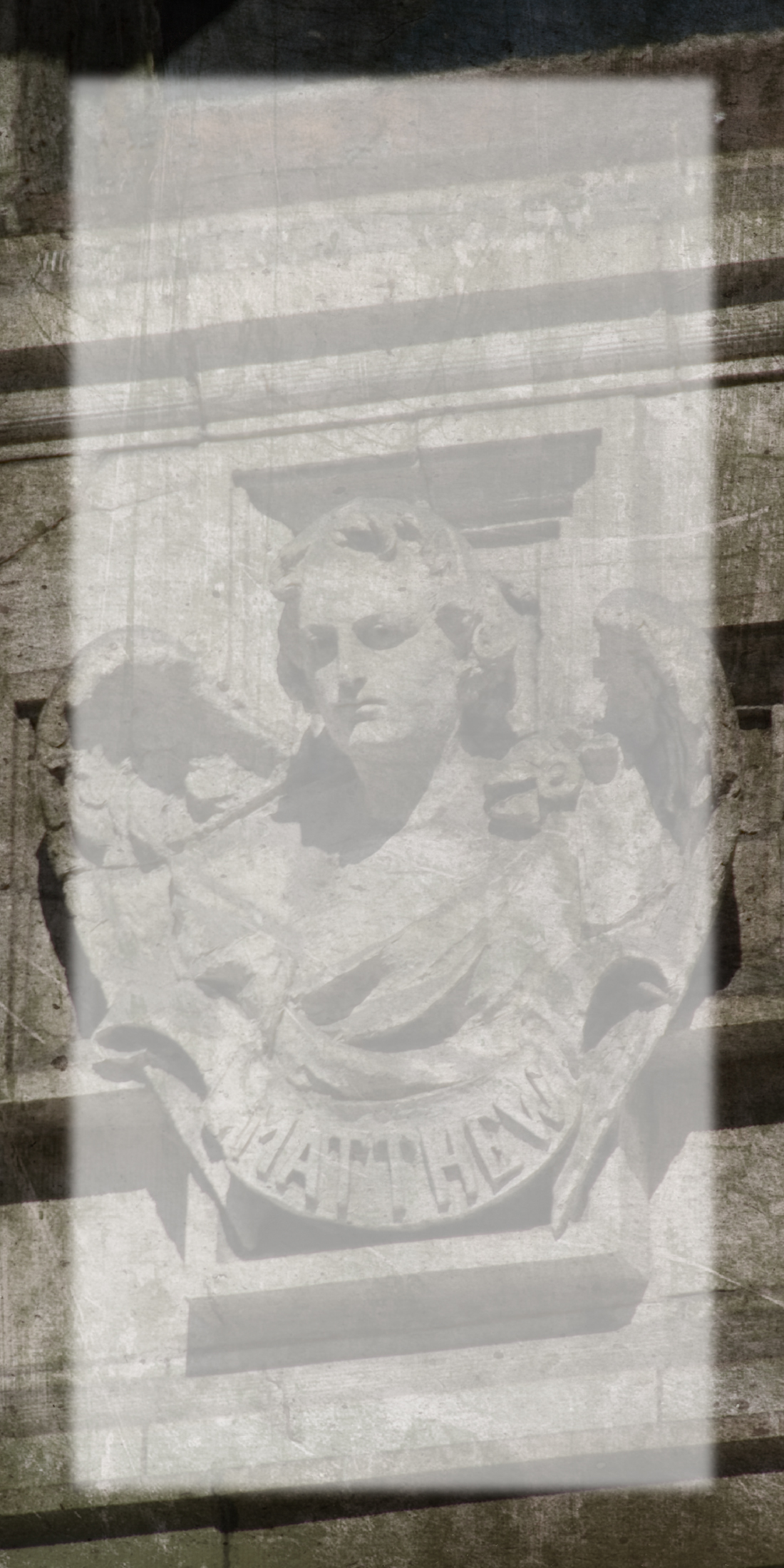Art facilitates our emotional responses to the universe and our place within it by raising implied fundamental questions: “What is the purpose of life?” and “Why are we here?” Art strikes a bargain between Being itself and our existential situation within the cosmos. This is why art has always flourished in sacred spaces: first caves where shamanistic rituals took place, then temples, and then cathedrals and chapels. Artists in every historical age have expressed their need to negotiate the physical and psychic worlds—the two poles of the existential predicament.
Art is the language of our inner vibrations as they echo through the world around us. Art is a means of communion; it is the language of our essential selves, the language best suited to express our awe when looking back at the stars. Without this dialogue, our spirits die, and we are cut off from the wonder of life and from our ability to perceive the patterns behind our own perceptions. Without art, our individuality is compromised, and moral substance is left to wither.
Art is a necessary tool for the expansion of our collective consciousness. Its production transcends fashionable philosophical context, as well as its present commercialization by pop culture.
We must not allow the language of art to be swallowed up by the immediacy of pop culture. Art may and certainly should reflect on our whole culture; nevertheless, when the major concern of an artwork is immediacy or novelty, the subtle balance between the inner spiritual value of an artwork and its physical realization is compromised. This is especially so when that compromise results from commercialization. It is a sad state of affairs when the cultural intelligentsia is no longer willing or able to stand on principles that are more substantial than those of the immediate socio-materialistic culture.
The connection between human rights, a sloppy term for the human right to fulfillment, and the language of art is basic. Within the postmodern context, with its implied quality of structural sharing, our commonality may finally raise us to the greatest expression of our humanity because sharing is wealth—outside of its domain there is only a wasteland. This process of sharing is mandatory if we hope to wipe out war, poverty, discrimination, and all the evils that plague us, and then replace them with caring.
Art serves to bring us closer to one another, allows for the expression of deep emotions when words fail us. This in turn promotes the evolution of the self by creating a condition of social integration, a point of existential comparison, a consensus that paradoxically demands individuation. This process serves as experiential bonding. The greater the resulting social network, the closer we come to the ultimate state of truth—Being [Dasein].
Our lives are built on emotions, yet, we are invested in a model of reality predicated on rationality, intellectual proofs, logic, and materialism. As a result, a subtle guilt prevails. We are plagued by what we should do instead of what we dream of doing— a strange predicament for a species capable of imagining. We squander our individuality by not legitimizing our dreams.
Until we achieve a transformation in our collective and individual consciousness, humanity has no hope of achieving the equilibrium necessary to reach the fulfillment of its potential. Since developing languages that promote our psychic lives and spirituality is crucial to achieving an existential balance, art is necessary to the project of becoming a balanced human being: This is the larger role of art in our culture.
Each day we arise to a choice. We must ask ourselves what do I want my life to be? What the world becomes is the result of how each of us answers this question. Re-constructing, mending, imaginatively filling the darkness with the light of our lives, these are the metaphors of our most evolved humanity. Where there is nothing, I will create something. The lacking of the world summons us to greatness. Together we can build a world where diversity is celebrated, sharing is assumed, and self-fulfillment is taken for granted. This is the ultimate creative project—this mending of the world. On some very real level each of us is an artist contributing to this decisive creation, this final work, this great social sculpture we call "Our World."
